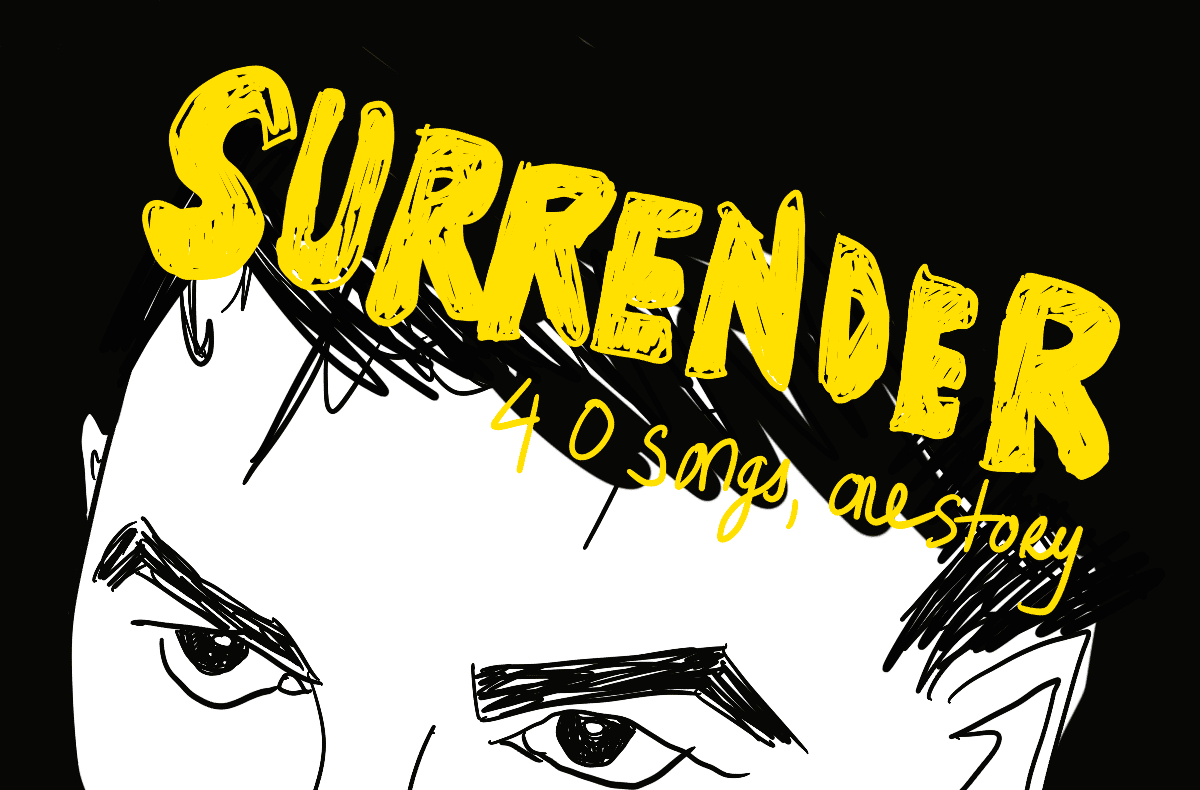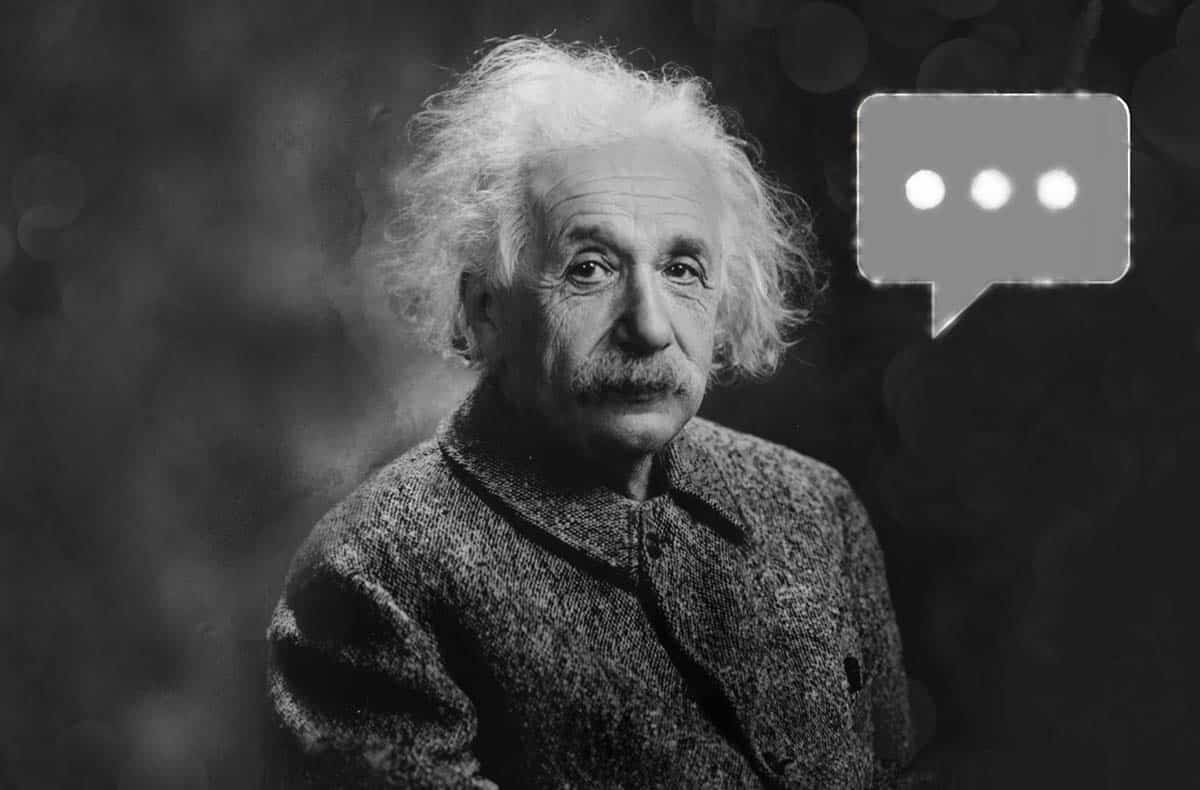
Pining For the Fjørds Of Yesteryear: How John Cleese Lost His Way
Maybe it’s no surprise that a leading member of Monty Python is joining a free-speech TV channel in the UK, in order to do a show attacking “Cancel Culture.”
Anyone who recognises John Cleese, his elongated frame and Establishment manner, is always waiting for him to turn matters upside down—from, indeed, a great height. That said, this new talk show, appearing on GB News next year, seems like a grand fall from the heights of Python’s shows and movies. Now in his early 80s, Cleese has become a great harrumpher.
In 2020, following the murder of George Floyd, the BBC withdrew the Faulty Towers’ episode “The Germans” from transmission, in which a decrepit white character utters the n-word. “[This is] an old fossil left over from decades before. We were not supporting his views, we were making fun of them,” asserted Cleese. “If they can’t see that, if people are too stupid to see that, what can one say?”
In 2021, Cleese withdrew from a Cambridge University debate, in which a fellow participant had been banned when his Hitler impersonations were discovered. “I regret that I did the same on a Monty Python show, so I am blacklisting myself before someone else does,” said Cleese. “I apologise to anyone at Cambridge who was hoping to talk with me, but perhaps some of you can find a venue where woke rules do not apply.”
Your columnist is seized with ambivalence about all this. There are few people in the world who have punctured British post-imperial arrogance more effectively, and from inside the balloon, than the Cleese of the Python era. Take his neurotic announcers, his crazed soldiers, his sociopathic bureaucrats, his pedantic customers (returning their dead Norwegian blue parrots)…Cleese has practiced soft power on behalf of the UK most of his life, by softening—indeed unravelling—its old power pretensions, its assumptions of natural superiority. Funny walk by funny walk.
So is Cleese now just the predictable curmudgeon, brought there by age and weariness? Perhaps. However, I’ve been observing how humour has become one of my own coping strategies, as I face a society that makes less and less sense. Do I need John Cleese to keep the boundaries of comedy open for me?
I’m not sure. The algorithms already seem to be doing a fine job in feeding me political incorrectness.
A good 50% of my social media content across Tiktok and Facebook these days is comic material. I know what’s triggered them: maybe oddly for a Brit, I have love of US late-night comedy talk shows, mostly clips from Letterman and O’Brien (inculcated when I was doing music and media in the US during the 80s and 90s).
I became obsessed recently with the appearance of Norm MacDonald on these couches. His cherubic, bemused persona mingles with an absurdist and unpredictable darkness. Norm’s “Moth” joke on Conan is an epic tale, which ends with a giggle. The software then took me to his “Dirty Johnny” joke, which leaves you gasping with horror (and delight).
And then the machines took me to Bill Burr, Dave Chappelle, Ali Wong, Jimmy Carr, Ricky Gervais…Ultimately, not so good. Although it is an initially entertaining shock—comedians punching down at the odd and marginal, rather than punching up from that position—I eventually felt disturbed. Is this what the software presumes I’ll like next?
No doubt my demographic has been read: white, male, English-speaking, middle-class from working-class roots, late middle-aged. But in truth, this is social media at its addictive worst. You like this? Then try something the same, but a lot stronger…
I would like to think I can assert some mental distance from these invasive machines. So now I’m consciously steering my comedy tastes towards humour that transgresses, in order to heal and bond (because we know that can happen).
Firstly, I keep a file of “dad jokes” on my phone. Here’s an excruciating sample:
What’s the advantage of living in Switzerland? Well, the flag is a big plus.
My favourite diet chocolate is Schrödinger’s Snickers. All of the calories AND none of the calories.
Whenever my wife is upset, I let her colour in my black and white tattoos. Sometimes she just really needs a shoulder to crayon.
I’m not saying I’m lazy but.
That’s almost certainly enough. But whether the audience is a family dinner, or a music gig audience waiting for the keyboard to get fixed, my aim is to prompt affectionate groans with such poor material. It’s the patriarchal lead-singer—or paterfamilias—dethroning himself, hoping to induce a general good-will that papers over any cracks.
My second healing function for humour was found in the webcast (and subsequently BBC series) Old Jews Telling Jokes, featuring a rumpled set of bi-coastal Americans doing exactly that. At the risk of depicting Hitler, let me share one of the subtlest, saddest jokes I’ve ever heard, from there:
Two Jewish assassins, snipers, are hidden in bushes at the corner of a road bend. They’re waiting for Hitler’s procession of cars to appear, which regularly happens at two o’clock every afternoon. Two o’clock comes… no Hitler. Two-fifteen, no Hitler. Two-thirty—still no Hitler. One assassin turns to the other and says, “Gee, I hope he’s OK.”
Quite a lot of the human condition—violence, compassion, and their entanglement—is condensed into that gag. I hope that Mr. Cleese gets back to the sublime business of making us laugh about our yawning contradictions, rather than bluster and fulminate about them. We have enough of that material.



